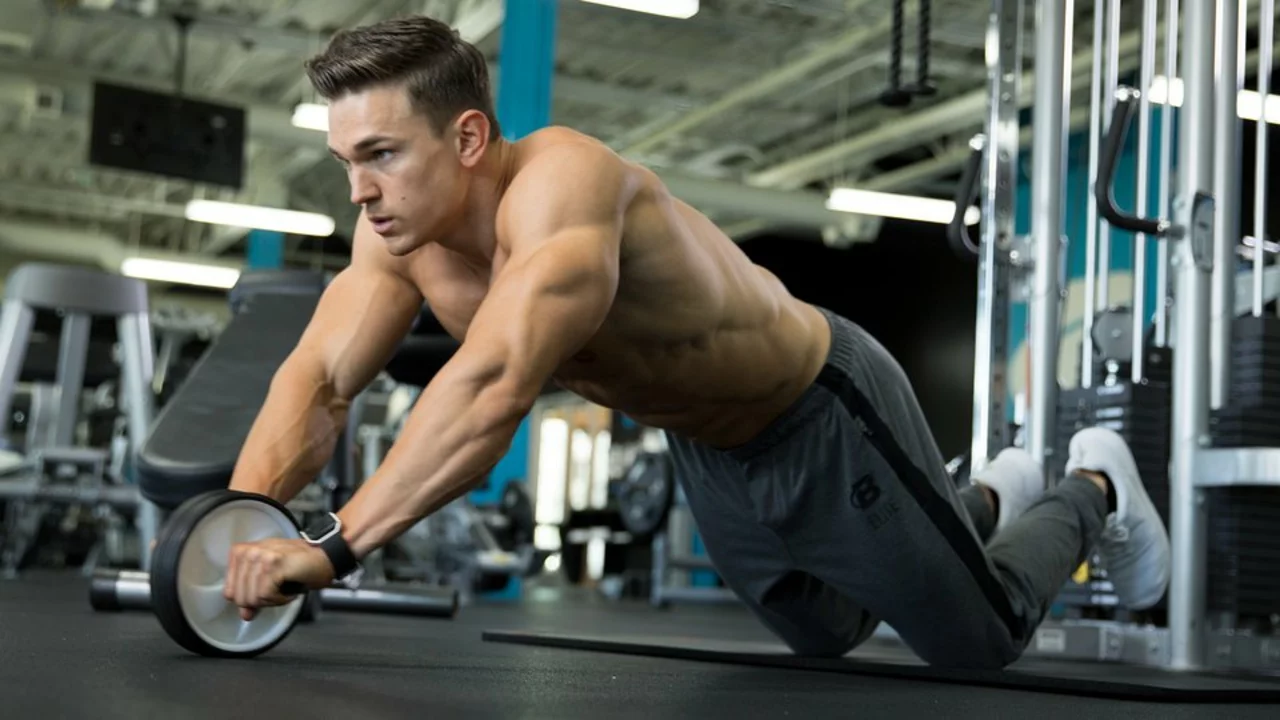Understanding the Role of Cardio in Bodybuilding
Before diving into how much cardio is required per week when bodybuilding, it's important to understand the role cardio plays in this process. Cardiovascular exercise, or cardio for short, is any exercise that raises your heart rate and keeps it elevated for a period of time. This includes activities like running, cycling, swimming, or even fast-paced walking. In the context of bodybuilding, cardio is often used as a tool for fat loss. It helps to create a calorie deficit, which is when you burn more calories than you consume, leading to weight loss.
The Balancing Act Between Cardio and Weight Training
When it comes to bodybuilding, there's a delicate balance between cardio and weight training. Too much cardio can interfere with muscle growth, while too little can hinder fat loss. The key is to find a balance that allows you to achieve your bodybuilding goals. When planning your workout schedule, consider factors like your current fitness level, your bodybuilding goals, and your personal preferences. Remember, there's no one-size-fits-all answer. What works for one person may not work for another, so don't be afraid to experiment and find what works best for you.
Determining the Right Amount of Cardio
So, how much cardio should you be doing each week? According to the American Heart Association, adults should aim for at least 150 minutes of moderate-intensity cardio or 75 minutes of high-intensity cardio each week. However, if you're bodybuilding, you may need to adjust these numbers. If your goal is to lose fat, you might need to do more cardio. If your goal is to gain muscle, you might need to do less. Again, it's all about finding the right balance for your individual needs.
Choosing the Right Type of Cardio
Not all cardio is created equal, especially when it comes to bodybuilding. Some types of cardio are better suited to fat loss, while others are better for muscle gain. For example, high-intensity interval training (HIIT) is often recommended for fat loss because it burns a lot of calories in a short amount of time. On the other hand, steady-state cardio, like jogging or cycling at a moderate pace, is less likely to interfere with muscle growth. Again, the best type of cardio for you will depend on your individual goals and preferences.
Timing Your Cardio Sessions
When you do your cardio can also make a difference. Many bodybuilders prefer to do their cardio in the morning, before they've eaten anything. This is known as fasted cardio, and it's thought to help with fat loss. However, there's some debate about whether fasted cardio is actually more effective than fed cardio (doing cardio after eating). Some research suggests that the timing of your cardio doesn't matter as much as the total amount of calories you burn. So, do what works best for you.
Listening to Your Body
Finally, it's important to listen to your body. If you're feeling tired or rundown, it might be a sign that you're doing too much cardio. On the other hand, if you're not seeing the results you want, you might need to do more. Remember, bodybuilding is a marathon, not a sprint. It takes time and patience to achieve your goals. So, be kind to yourself and make sure to rest and recover as needed.

